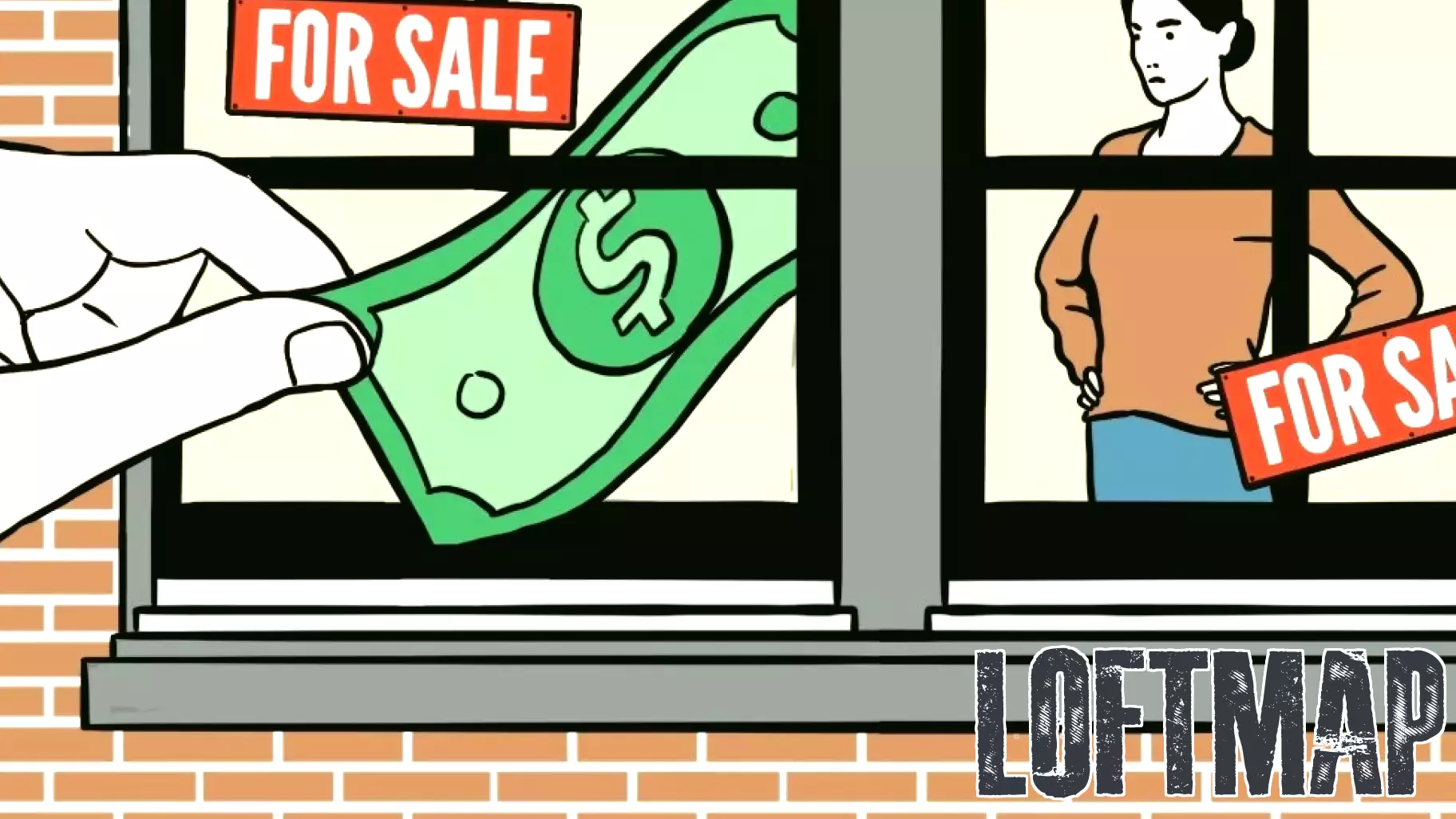Understanding Flip Taxes: How Much Can Co-op Boards Charge?
November 30, 2024 - 13:54

Transfer fees, commonly referred to as flip taxes, are becoming a hot topic among co-op residents and potential buyers. These fees are typically imposed when a unit is sold and are intended to fund necessary upgrades and improvements within the co-op building. However, the question arises: how much is too much for these fees?
Co-op boards often set these transfer fees as a percentage of the sale price or as a flat fee, and the amounts can vary significantly from one building to another. While some boards may justify higher fees by citing the need for extensive renovations or maintenance, others may impose them simply as a means of generating additional revenue.
Residents are increasingly concerned about the impact of these fees on housing affordability. Potential buyers may be deterred from making offers if they perceive the flip taxes as excessive, leading to longer selling times and decreased property values. As discussions around fairness and transparency in co-op governance continue, it is crucial for both current residents and prospective buyers to understand the implications of flip taxes in their communities.
MORE NEWS

February 22, 2026 - 08:25
OT Real Estate Spotlight of the Week: 2942 Trails WayThis week`s featured property is a charming and expansive residence located at 2942 Trails Way, offering ample space for family living and entertaining. The home presents a welcoming brick and...

February 21, 2026 - 18:11
Chicago sues after Suzie B. Wilson real estate auction failsThe City of Chicago has initiated legal action against the firm it hired to auction off city-owned properties, following the complete collapse of the sales event. The lawsuit centers on a failed...

February 21, 2026 - 05:37
Veteran Home Buyers Accuse Mortgage Lender of Steering, False Affiliation With VAA new lawsuit filed by three military veterans accuses one of the nation`s largest VA loan specialists of predatory behavior and deceptive marketing. The plaintiffs claim Veterans United Home Loans...

February 20, 2026 - 13:48
Central Florida's slow real estate market may be building momentumAfter a prolonged period of cooling sales and rising inventory, the Central Florida housing market is displaying encouraging signs of gathering strength. Realtors across the region report a...